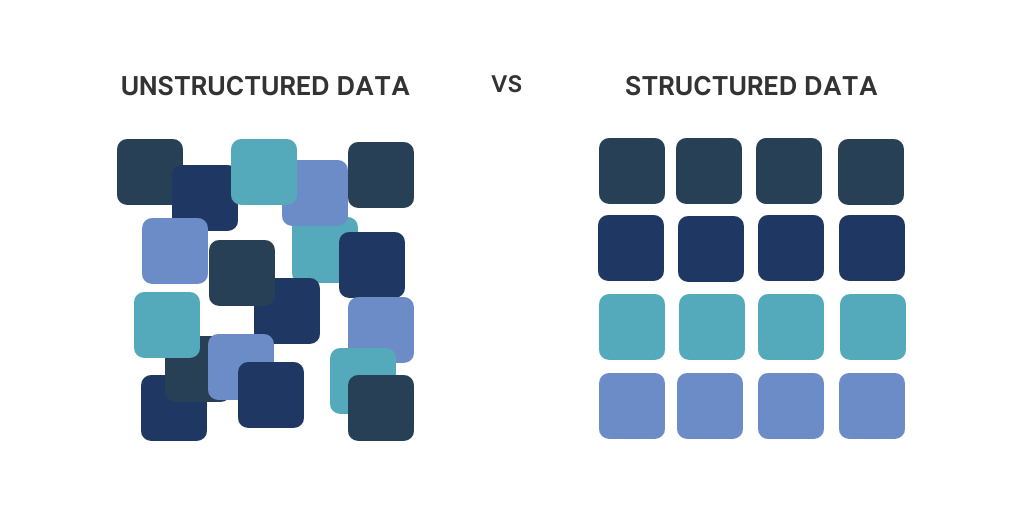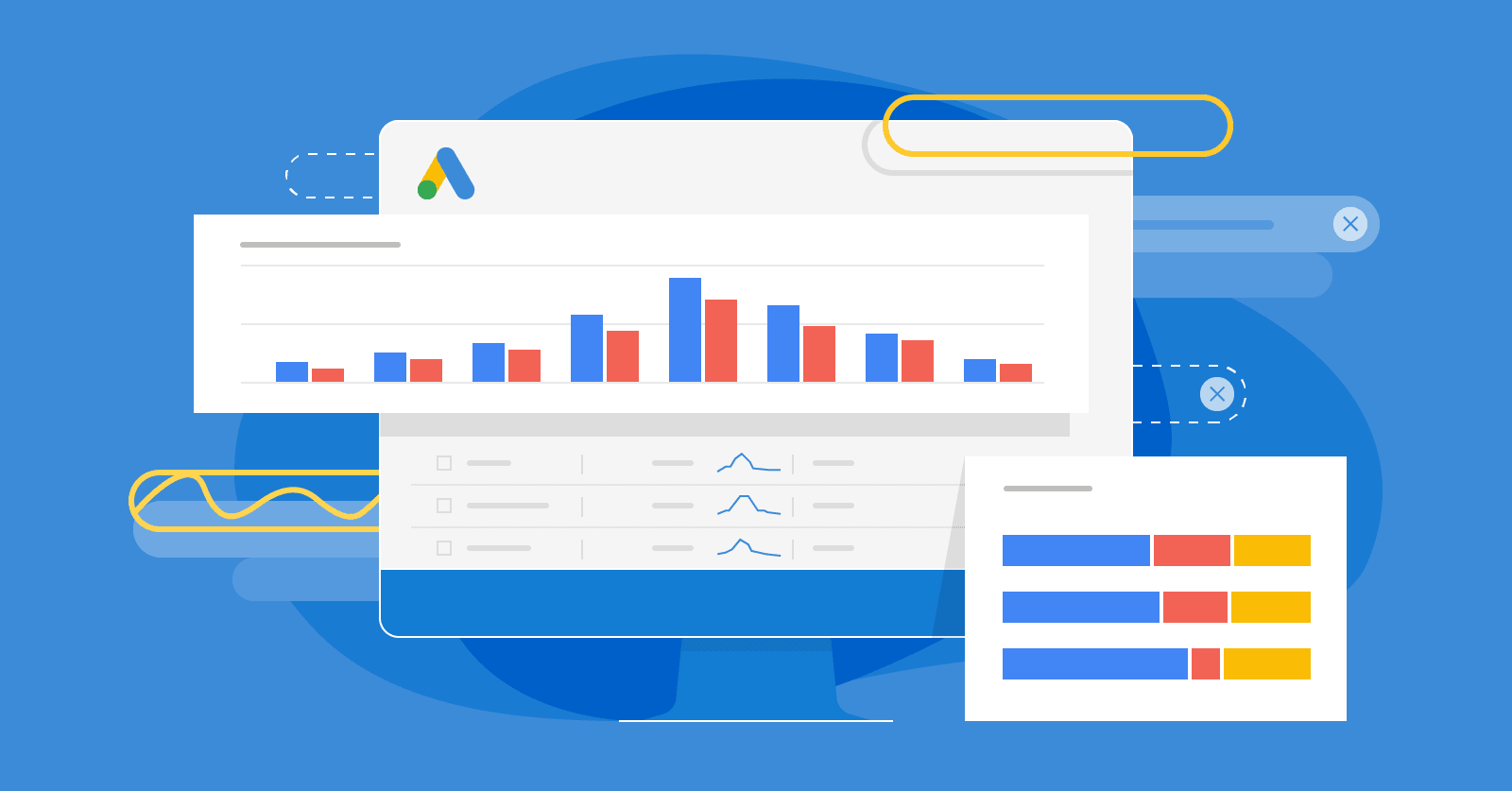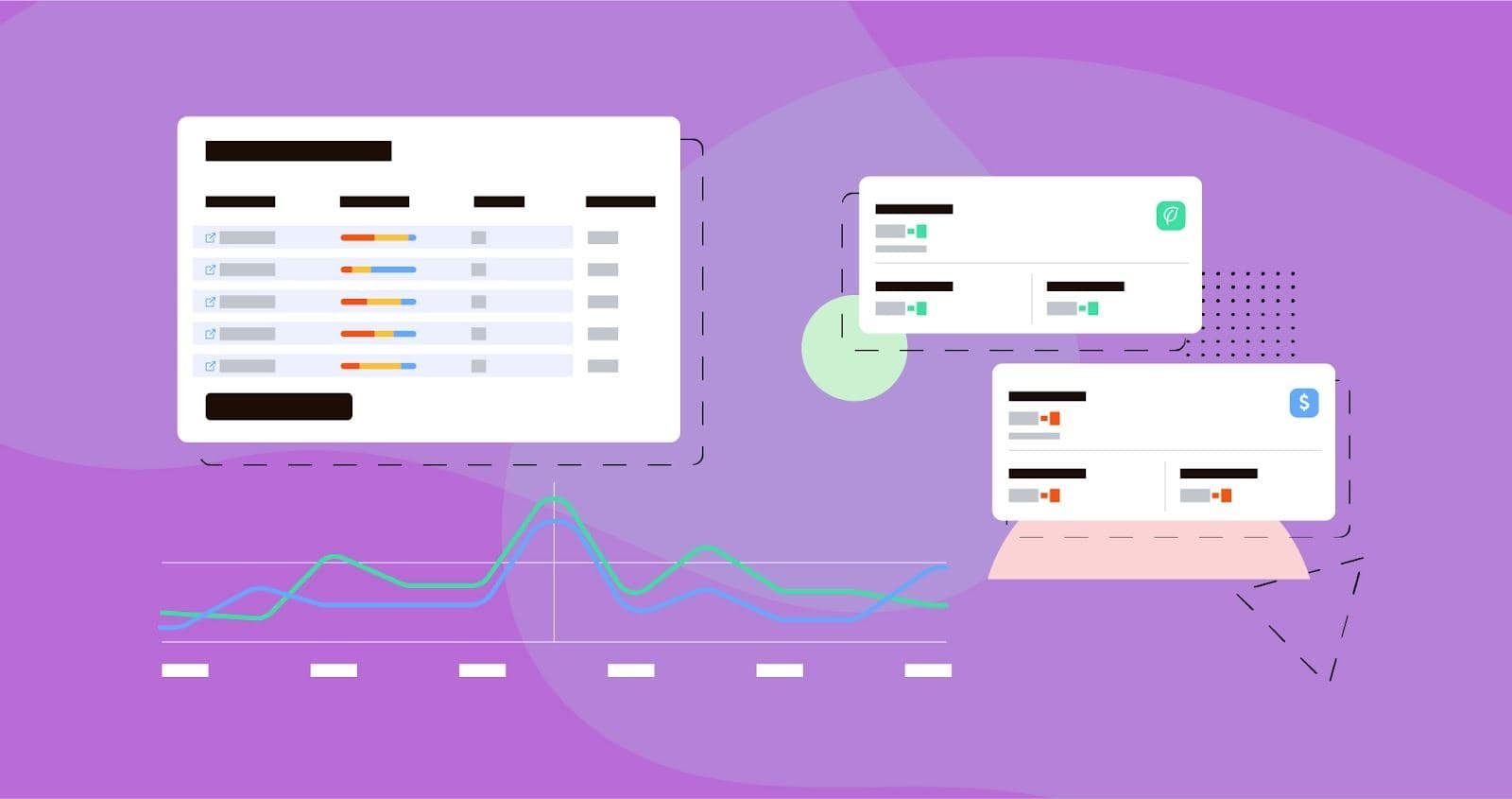If you want to stand out in the digital world overflowing with thousands of businesses & platforms, then on-page SEO optimization has to be one of the ways to go at it. When done correctly, it can help you reach more people and drive traffic to your website.
In this beginner-friendly technical SEO guide, we will walk you through the most critical aspects of on-page SEO optimization and tell you how you can improve the ranking of your website in the search engine results pages (SERPs) organically.
Understanding On-Page SEO
What is On-Page SEO?
On-page SEO refers to the process of fine-tuning various elements on your website’s individual web pages to make it more search-engine friendly, that is, to make it rank higher in the search engine results pages (SERPs) and earn more relevant traffic through them. It includes strategies such as optimizing title tags, meta descriptions, keyword usage throughout content, image alt text, internal link structure, and URL structure that are within your control on a given page.
The goal of on-page SEO is to optimize each web page so it can be found easily by people looking for what you offer and rank high enough in the SERPs so that they click through to visit your website.
Why is On-Page SEO Important?
Mastering on-page SEO is crucial for several reasons. First and foremost, on-page SEO optimization is important because it allows search engines to understand what a page or website is about. It provides the structure and content that helps search engines crawl and index web pages for relevant keywords. By optimizing on-page elements such as title tags, meta descriptions, heading tags (H1s), internal links, image alt text, and URL structures, you can help your pages rank higher in organic searches. On-page SEO optimization also improves user experience by making sure visitors find what they want faster while providing them with helpful information related to their queries.
On-Page SEO Essentials
Keyword Research and Placement
1.1. Keyword Research
In-depth keyword research is the backbone of on-page SEO efforts. Looking for keywords using tools like Google Keyword Planner and Ubersuggest will help you identify the most searched terms & phrases within your niche. More importantly, you can find keywords that have high search volumes as well as high-to-low competition.
1.2. Keyword Placement
Finding relevant keywords isn’t adequate. They should be incorporated strategically and as naturally as possible for the best results. Make sure you have added keywords across not just the body of the content but the title, headings & subheadings, and meta description as well.
Compelling and Relevant Content
2.1. Quality Content
Content quality is of the greatest value when it comes to your website’s on-page SEO. Make sure the content you are producing is not only relevant but also engaging. It should align with the interests of your target audience and fulfill their search queries.
2.2. Content Structure
The content of your web page should be organized along a clear and logical structure, with proper headers to demonstrate the hierarchy of information presented and improve readability as well as navigability.
Optimize Meta Tags
3.1. Title Tags
The title tag is one of the most important elements of on-page SEO and should be compelling enough to capture the attention and imagination of your readers. More importantly, it should be strategically induced with relevant keywords.
3.2. Meta Descriptions
Meta descriptions give an idea of the contents of your web page right on the SERP and influence the decision of your target audience whether they want to visit your website or not. Simply put, it is like a small summary of your page’s contents. Use this space to encourage clicks by highlighting the benefits of reading your content.
URL Structure
The URL of your page is an indicator of what your web page holds as it should ideally demonstrate the topic or subject of your web page. To maximize its effectiveness, make sure the URL structure is clean and user-friendly – neither too long nor oversimplified. It should incorporate adequate keywords.
Image Optimization
5.1. Alt Text
Optimize images by adding descriptive alt text. This will help search engines contextualize the images within the specific topic and niche of your web page content. Additionally, adding alt text will also make your web page more accessible to visually impaired users.
5.2. Image Compression
Incorporating images isn’t enough – they should be appropriately compressed as well to avoid slow loading speed. Faster-loading pages contribute to a positive user experience, and search engines take loading speed into account when ranking websites. Image compression, along with alt text, is thus crucial for on-page SEO optimization.
Internal Linking
Do not underestimate the importance of using internal links in your on-page SEO optimization strategy. Connect all of your relevant web pages by building internal linking networks. You can use keywords as anchor texts to hyperlink your other related web pages. This boosts navigation and user experience.
Mobile Optimization
Optimizing your website for mobile-friendliness is now an important part of SEO strategy, considering that a major volume of search comes from mobile devices. However, optimizing individual web pages is critical, since inconsistency in navigation and usability of your website can negatively impact your search engine rankings. You can get your website checked for mobile optimization by professional SEO services experts and upgrade the technical aspects of your on-page SEO.
Monitoring and Iterating for Ongoing Success
8.1. Regular Content Audits
Performing regular content audits allows you to evaluate the performance of your existing content. Identify pages that are performing optimally as well as those that require any sort of improvement. Conducting regular SEO audits will help you fill the gaps in your on-page SEO optimization strategy.
8.2. User Feedback and Behavior
Listen carefully to what your users and customers have to say about the performance of your website, among other things. Any input from them, whether positive or negative, is invaluable and inherent for further improvement of your website.
8.3. Keyword Performance
Track the performance of your target keywords over time. Monitor fluctuations in rankings as well as the volume of organic traffic each keyword is driving to your individual web pages. This will help you improve your on-page SEO optimization attempts.
8.4. Page Loading Speed
Continuously monitor and optimize your website’s loading speed. You can leverage Google PageSpeed Insights to get all-round information on your website’s page speed performance.
8.5. Algorithm Updates
Major search engines like Google frequently refine their algorithms, and understanding these changes is crucial for adapting your on-page SEO optimization strategy. Follow reputable SEO news sources and be prepared to adjust your tactics accordingly.
8.6. Conversion Rate Optimization (CRO)
While not directly related to traditional SEO, optimizing for conversions is integral to the overall success of your website and should be considered while augmenting your on-page SEO optimization efforts. Regularly analyze conversion rates, test different elements on your pages, and make adjustments to improve the likelihood of user actions, such as making a purchase or submitting a form.
8.10. Analytics and Reporting
Track key performance indicators (KPIs) using Google Analytics and regularly review reports on website traffic, user behavior, and engagement. Leverage the data and insights collected from Google Analytics to make informed decisions about improving your on-page SEO strategy.
Conclusion
Monitoring and iterating your off-page and on-page SEO optimization efforts are not just recommended; they are essential for long-term success. By staying vigilant, adapting to changes, and continually refining your approach, you can make way for a sustainable and scalable future for your website.







